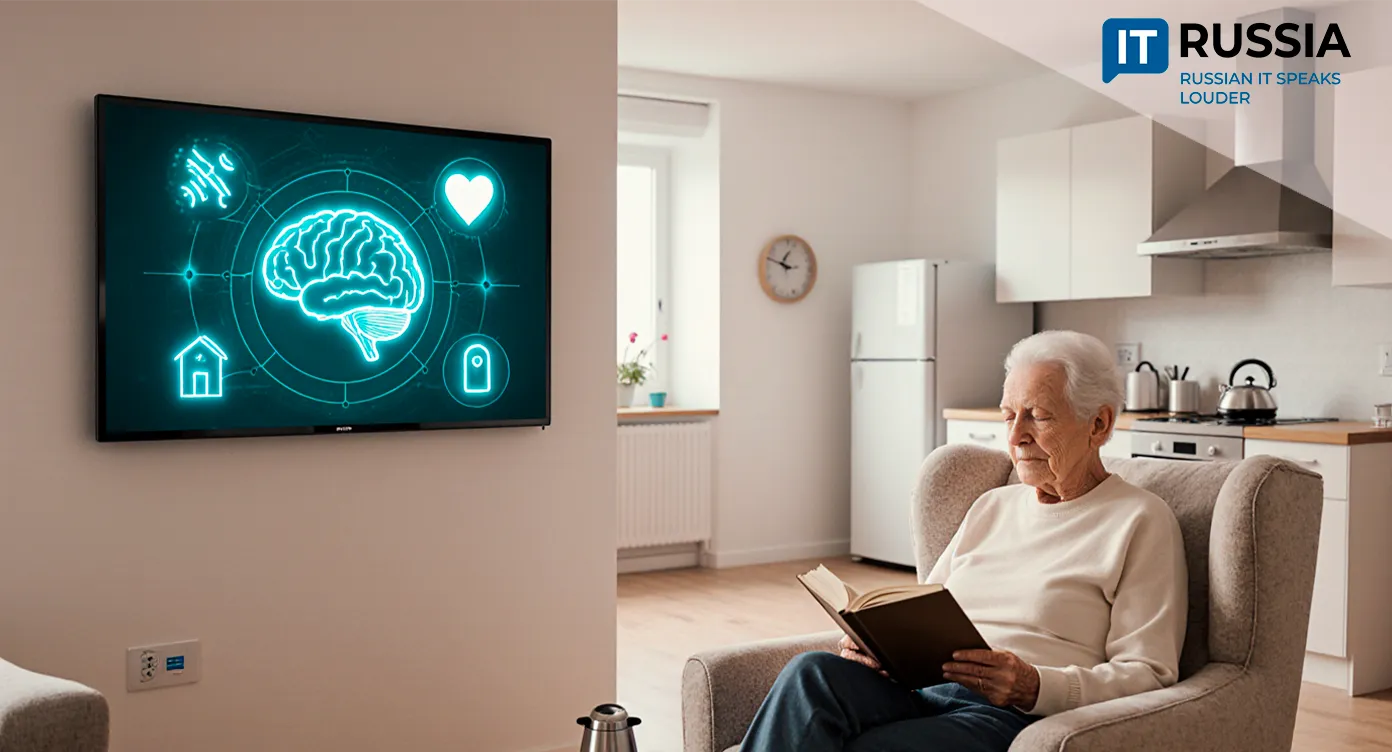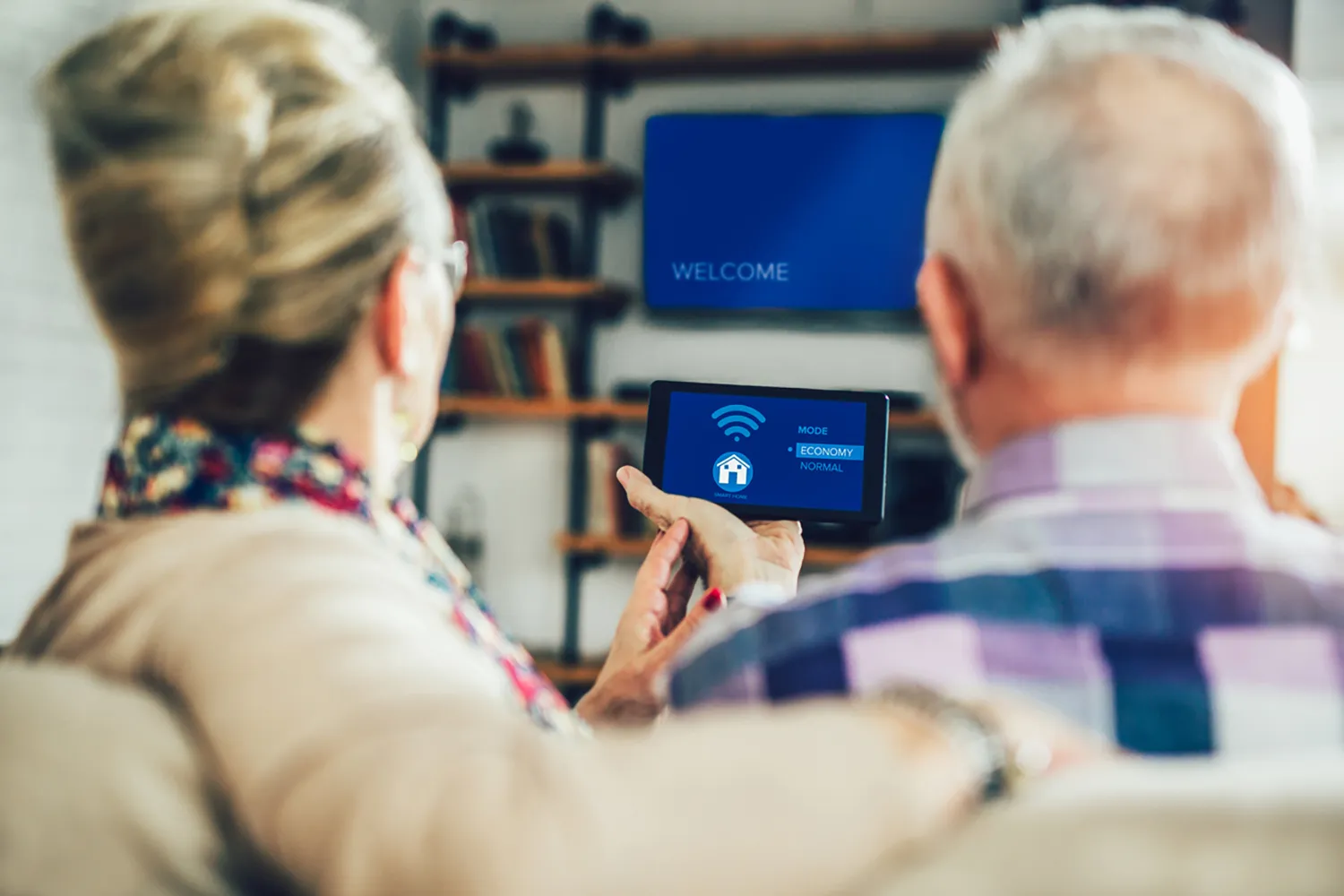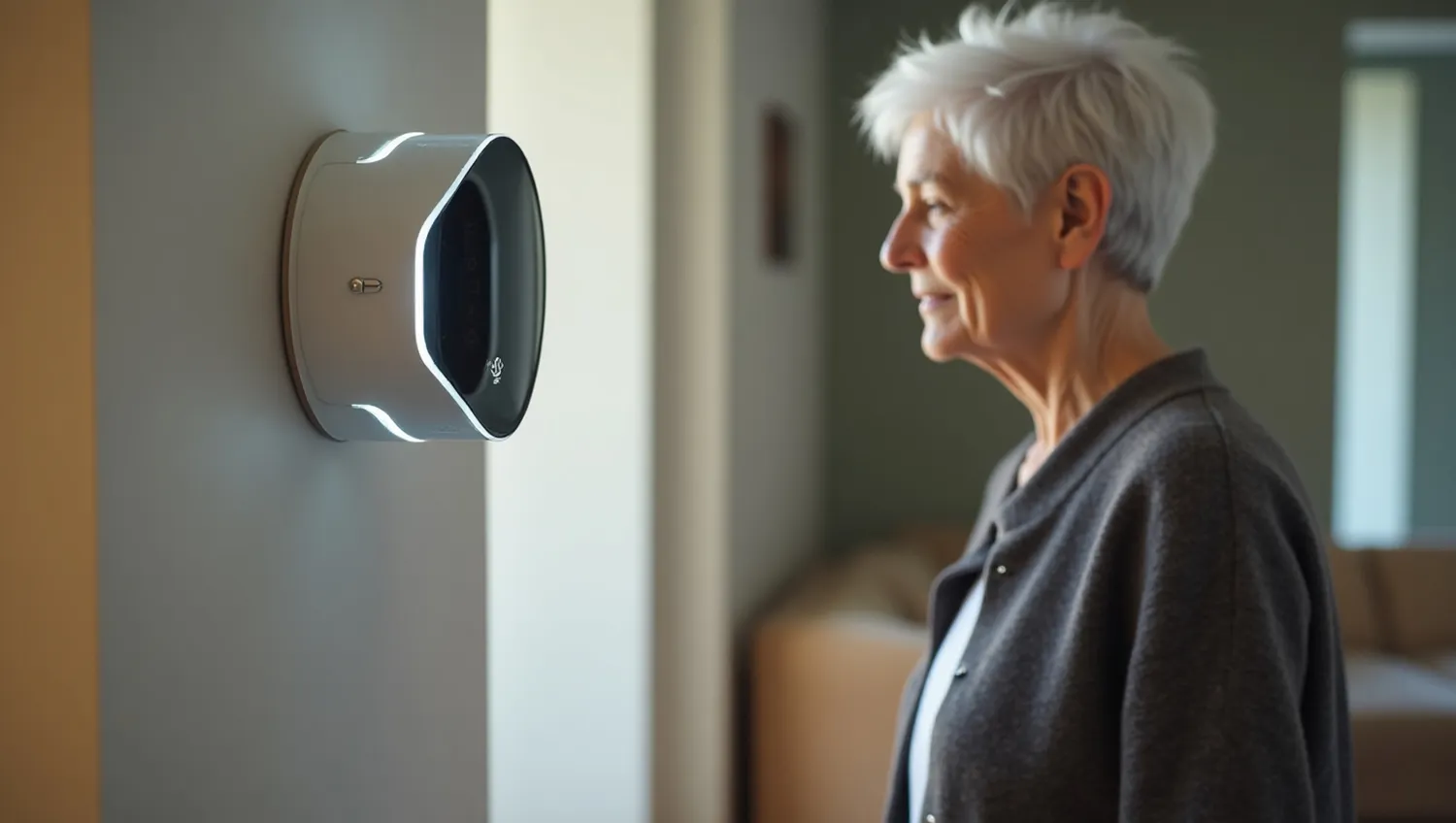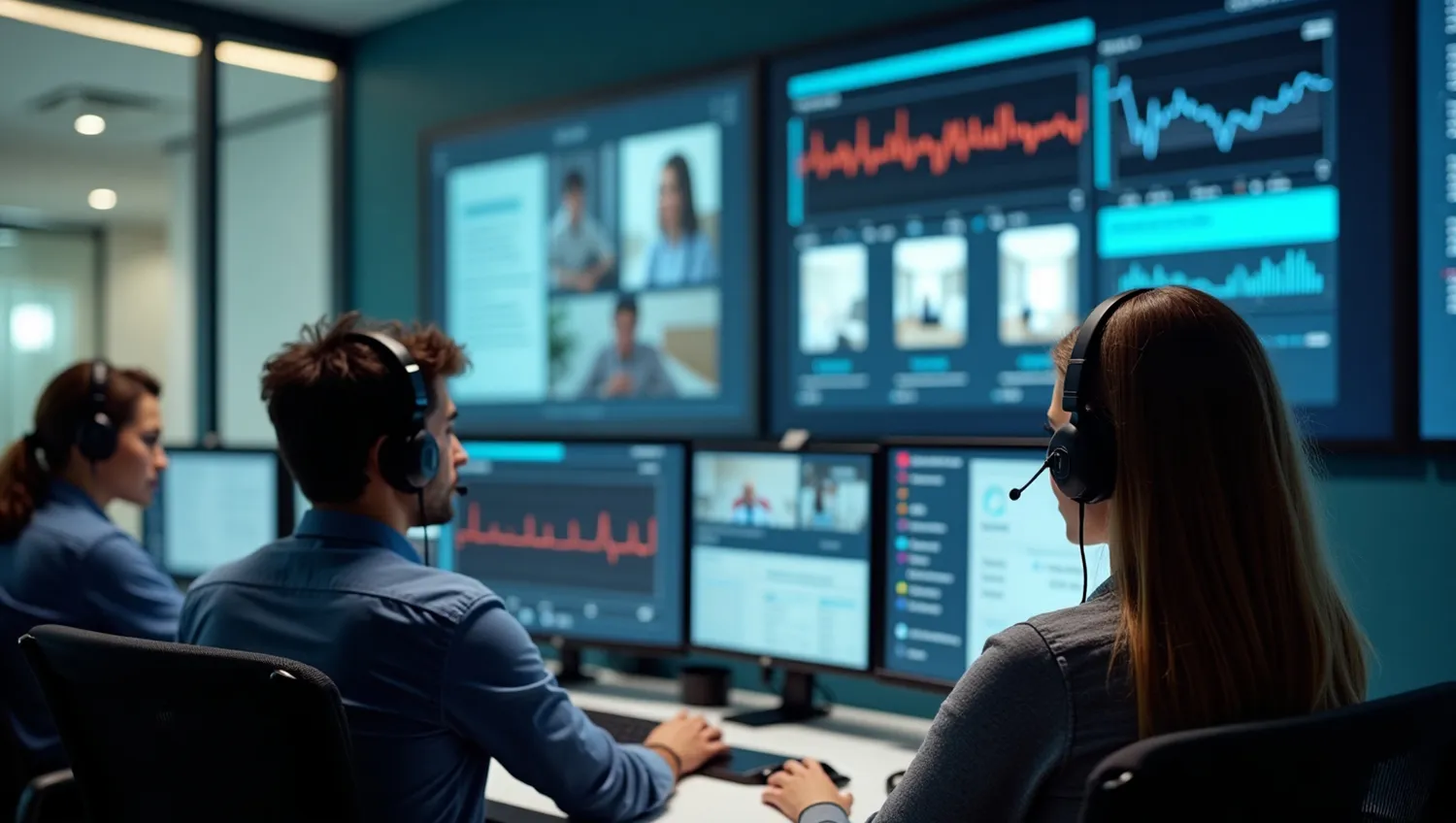The Perfect Companion: Russia Unveils AI System That Cares for Elderly Parents
Russia has developed an “electronic caregiver” for seniors—an AI-driven system that acts like a vigilant guardian, alerting relatives when something might be wrong with their loved one. The project was launched by a resident of the Zhigulevskaya Dolina technology park in Togliatti.

AI Monitors Daily Routines
The Zhigulevskaya Dolina resident introduced a unique Russian project called “Social Support.” According to Sergey Sychugov, director of developer company VPK Potok, the solution allows elderly people living alone to receive attention and care from their adult children.
The system uses sensors installed in seniors’ apartments to track interactions with household appliances like stoves, refrigerators, and kettles. If these appliances go unused for an unusually long time, the system alerts a dispatcher, who contacts the client’s relatives—even to the point of sending someone to check in person.
What makes the system innovative is its use of artificial intelligence. The digital assistant analyzes user behavior and builds a profile that includes wake-up and sleep times, meal schedules, and walks. If the person’s normal rhythm is disrupted, it becomes a signal for the dispatcher to investigate further.

Real-Time Testing
In practice, the system functions like a “smart home” tailored to a specific audience. An extended version of “Social Support” includes features such as door-eye cameras to monitor visitors, a voice assistant for emergencies (when the person cannot reach the phone), and trackers placed on clothing or shoes—with consent—that help locate someone if they get lost during a walk.
The system is already being tested in several Togliatti apartments. Installation is currently free, with clients only paying for dispatcher services. The developers plan to scale across the Samara region before applying for a Presidential Grants Fund competition.

Growing Demand
The relevance of Social Support is hard to overstate. Russia’s Ministry of Health projects that within five years, one in four citizens will be over 60, and in 20 years, seniors will make up over 30 percent of the country’s population.
Globally, demand for remote care and monitoring will continue to rise as populations age. According to the World Health Organization, by 2050 the number of people over 60 will double, reaching 2 billion. For many families, this system could significantly reduce loneliness and late responses to medical emergencies, improving both patient well-being and relatives’ peace of mind.
Projects like this may open a new niche for local developers. If successful, the technology could be scaled to other Russian regions and exported to foreign markets, especially in countries with Russian-speaking populations and similar demographic challenges.

Investing in Smart Home Solutions
In the future, Social Support could be integrated with telemedicine services, social programs, and regional long-term care systems. Developers also envision upgrading the AI to more advanced models and expanding smart-home features.
This trend is already spreading: surveys show 23 percent of Russians have used smart-home systems, which are increasingly applied not only in individual apartments but also at the neighborhood level. Global practice confirms the demand. Barcelona’s Teleassistance service supports elderly and vulnerable people, while Helsinki’s Remote-Care connects specialists with clients through dedicated devices.
In Russia, Social Support fills a gap between emergency call buttons and full-time care. With adaptation, it could be exported to CIS countries and the Global South.










































